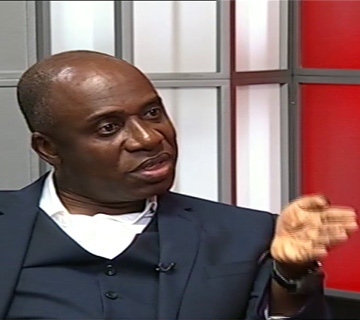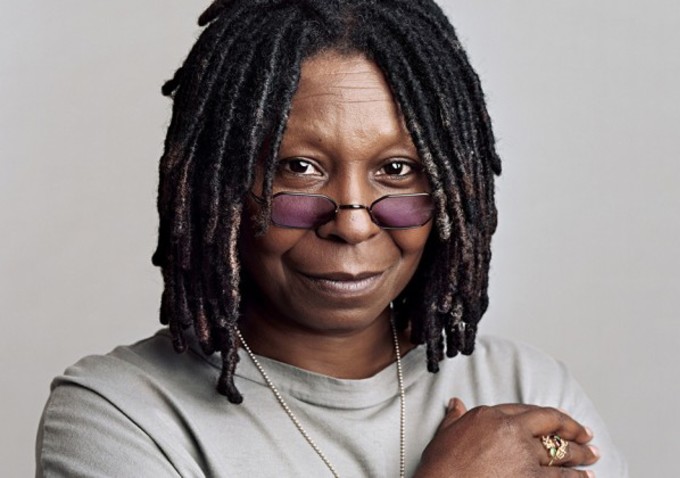The cost of educating a child is quite high. Parents who’d rather have their children go to private schools — from creche to university — are the real MVPs.


A Nigerian shared her insightful view on the matter.
There’s a belief floating around that education from Christian private universities should be heavily subsidised or free…Posted by Subomi Plumptre on Monday, December 7, 2015
There’s a belief floating around that education from Christian private universities should be heavily subsidised or free as the schools were built from the tithes and offerings of members. This is my response: I cannot state with authority whether or not Christian schools were built from the offerings of members as I am not privy to their books. However, even though I haven’t seen the numbers, I’m almost sure that a school built on donations cannot be sustained by donations. Case in point, Harvard, Cambridge, Yale, Columbia or any of the top Ivy League schools founded by Christian platforms or Christians. They have built massive endowments yet still charge premium fees. Perhaps we should advocate for free tuition there too. I understand the frustration with churches, the excesses of pastors and social inequality. However, one should not use a social justice or accountability narrative to argue an economic issue. Perhaps if we can provide a business case for subsidised Christian schools, we can provide an empirical basis to support those prescriptions. Suppositions may sound true but facts are sacred. Military schools in Nigeria that subsidise tuition for children of armed servicemen charge the children of civilians full fees. At least the one I attended did. Should we adopt this model for Christian schools – charge non-Christians full fees while subsidising those whose Parents pay tithe? I salute the historical contributions of Missionary Schools while recognising that many are no longer free. We should investigate what changed and query the failing business model of Nigeria’s less than savoury and ineffective public schools. We should do a cross analysis of the best globally run public schools and crossreference their business models with economic demand and population figures. Fundamental principles of economics tell me that increase in price accompanies scarcity or quality. To provide qualitative free schools, the institution must not only bear the sunk cost of infrastructure but the recurrent cost of salaries. Great teachers are rare in Nigeria. Teaching standards have fallen across board for years. Hence, economic laws of scarcity have kicked in. Educationists will tell you it is teachers and curriculum that define quality education and not infrastructure. Switzerland, with the highest paid teachers ($68,000 per annum) has a population that is 0.0000044% of ours. Their GINI Coefficient (gap between the rich and the poor) is 0.4. Ours is 49. In Nigeria, government is the biggest spender. Government’s major source of forex revenue (90%) comes from one source, oil. Now even though Government cannot afford to pay salaries talk less of fund education sustainably, we expect offerings and tithes to miraculously do so. I think what is required in the education sector is innovative and economically sustainable models that will reach ALL Nigerians and not impassioned pleas for religious institutions to look only to the welfare of their members because they pay tithes.[zkk_poll post=12882 poll=content_block_standard_format_5]




